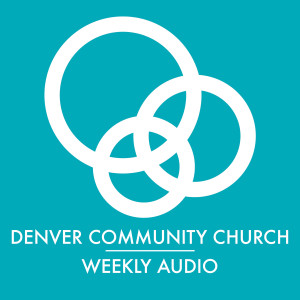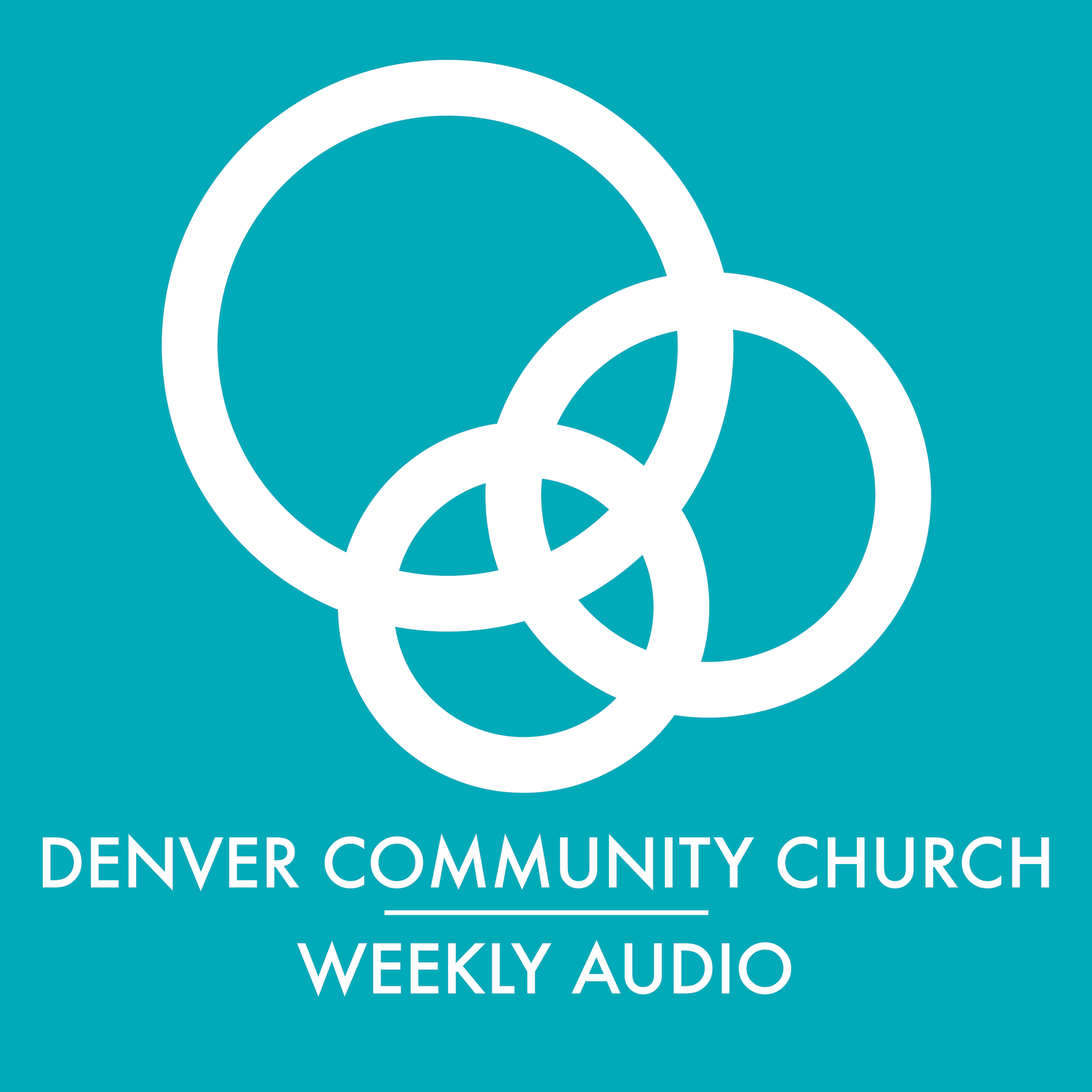Episodes

Sunday Oct 19, 2008
October 19, 2008: This Is Gonna Hurt – Michael Hidalgo
Sunday Oct 19, 2008
Sunday Oct 19, 2008
Smyrna represented perhaps more than any other city the clash of the two kingdoms. The Kingdom of Heaven and the kingdom of Rome. Smyrna was considered and ancient ally of Rome, and was fiercely loyal to the Empire. When the Church started here those loyal to the Empire threatened them. They were beaten, tortured, imprisoned, and killed. Yet through all of this they refused to bow their knees to Caesar, because he was not the King of Kings.

Sunday Oct 12, 2008
October 12, 2008: Take Me Back to the Start – Michael Hidalgo
Sunday Oct 12, 2008
Sunday Oct 12, 2008
It is so interesting to note that if we took the first part of the letter to Ephesus we would think so highly of them. They look so good, and do so many things well. Yet they have forsaken their first love. In this letter God calls them back to where they started. A compassionate God, not an angry God, says to his Church ‘return to me my love’. Jesus always stands as one who invites his people back - repentance is a return to love, wholeness, and balance.

Sunday Oct 05, 2008
October 5, 2008: Our Practices, Part Five: Worship – Chris Stocker
Sunday Oct 05, 2008
Sunday Oct 05, 2008
We will discuss why worship is simply a celebration of what God is doing in our midst.

Sunday Sep 28, 2008
September 28, 2008: Our Practices, Part Four: Journey – Paul Bratsch
Sunday Sep 28, 2008
Sunday Sep 28, 2008
It’s said that when someone is facing death their conversations reveal their deepest passions, hopes, and dreams. That’s why we go out of our way to honor dying wishes. In this passage, Jesus, in his final hours, gives us clues to his greatest concerns.
Jesus’ prayer is that his followers would be one as he and the Father are one. If we can accomplish this, Jesus claims that the world will know that he was truly God. There is something about believers living in community that carries with it the footprint, the essence, of God—and people will not be able to deny it.

Sunday Sep 21, 2008
Sunday Sep 21, 2008
In Luke 4, Jesus announces the inauguration of his ministry by quoting Isaiah 61. The words of the prophet rang off the walls of the synagogue in Nazareth. Jesus then says, these words are fulfilled. Initially it seems as though Jesus is claiming to be God, but this is not what upsets the people in Nazareth. At some level he is claiming to speak for God – he is claiming to be the one who is bringing the good news, the gospel, to the poor and the captives.

Sunday Sep 14, 2008
September 14, 2008: Our Practices, Part Two: Engage – Michael Hidalgo
Sunday Sep 14, 2008
Sunday Sep 14, 2008
There are a million questions about prayer. Does God hear me when I pray? If God knows why should I pray? Will God do anything if I do not pray? If I pray about it and God says no, and I really wanted it can I still pray about it? On it goes. Many of the questions related to prayer have to do with the idea that prayer is something that involves us asking God for stuff. In many ways it has become a compulsory effort on our part.
When we hear things like, “Pray without ceasing” we cannot imagine spending the rest of our lives asking for this or that. But what if prayer is simply an ongoing conversation that leads to deeper relationship with God, and with others. What if in our conversations with God we come to know not only God better, but also ourselves better?

Sunday Sep 07, 2008
Sunday Sep 07, 2008
John begins his gospel by ripping off the creation account in Genesis. Or is he? He seems to be playing off ideas about logos that was held both in the Jewish and the Greek mind. Both cultures shared ideas with regard to what the word was and is – they just viewed it from different perspectives. John points toward Jesus being the Word … Jesus even stands up and says that he is the Bread From Heaven! All of this may seem well and good, but we still have to ask the question “Why study it?”
The beauty of this book is that the ending is still future. We have not gotten there, which means we are living the story of the Bible now. When it speaks of the church being the Body of Christ – this includes us. If we are to live out the story with its plot, direction, and characters, then we must understand it well.

Sunday Aug 31, 2008
August 31, 2008: This is Supposed to Start Small – Michael Hidalgo
Sunday Aug 31, 2008
Sunday Aug 31, 2008
The mustard seed is the smallest of all seeds – yet the mustard plant is the wildest of all plants. One cannot control the mustard plant, no matter how hard they try, and once it is planted and has grown the area in which it was planted can never be cleared of the plants as they will grow again and again.
Jesus uses an example that defies the logic and the rule of his day. It was clearly stated in Mishnah that one could not plant mustard seeds in a garden (Kelayim 2.8; 3.2). This is because the plant would end up taking over the whole garden – it could not be controlled. Jesus’ point seems to be not a challenge of the rules – but an observation of the kingdom.
It starts small – a little yeast or a little seed. When one observes the pattern throughout scripture of who Jesus chooses it is always the last, the lost, the least. They are the ones that Jesus uses. From the acacia tree to build his throne (the ark of the covenant) to the nation of Israel itself. We continually see that God chooses that which is small.
The beauty of this is that once it takes root – it is becomes out of control.

Sunday Aug 17, 2008
August 17, 2008: First, Last and Everyone Else – Michael Hidalgo
Sunday Aug 17, 2008
Sunday Aug 17, 2008
Just before the start of this parable, and right at the end of this parable Jesus says the same thing, “The last will be first, and the first will be last.” Boiling this little maxim down it seems to simply mean, “All are equal in God’s sight.” This is a beautiful thought – until we are the ones who have worked the entire day in the vineyard. So often we find ourselves striving to do something great – after all we should be rewarded for our hard work, right?
Jesus’ parable challenges the status quo of his day, and calls into question the supposed “pecking order” that existed in his society. In the economy of Jesus, even the outcast was welcomed to the same table as the righteous. This parable is about justice – about everyone receiving enough for the day. Jeremias wrote in reference to this parable, “… all receive only an amount sufficient to sustain life … no one receives more, they touch the owner’s heart.”

Sunday Aug 10, 2008
August 10, 2008: So Worth It – Michael Hidalgo
Sunday Aug 10, 2008
Sunday Aug 10, 2008
So often we are told that we have to “Count the Cost” if we want to follow Jesus. There seems to be this thing over our heads that makes it seem like following Jesus is absolute drudgery. We follow Jesus with little mirth in our hearts, and as we force a smile we say things like, “I have counted the cost … and I am bearing my cross.”
But let’s stop and think about Jesus’ message in these two short parables (or comparisons). Both of these people recognize that what they are getting far outweighs what they already have. The point of these short teachings is simply the great joy of discovering the kingdom.

